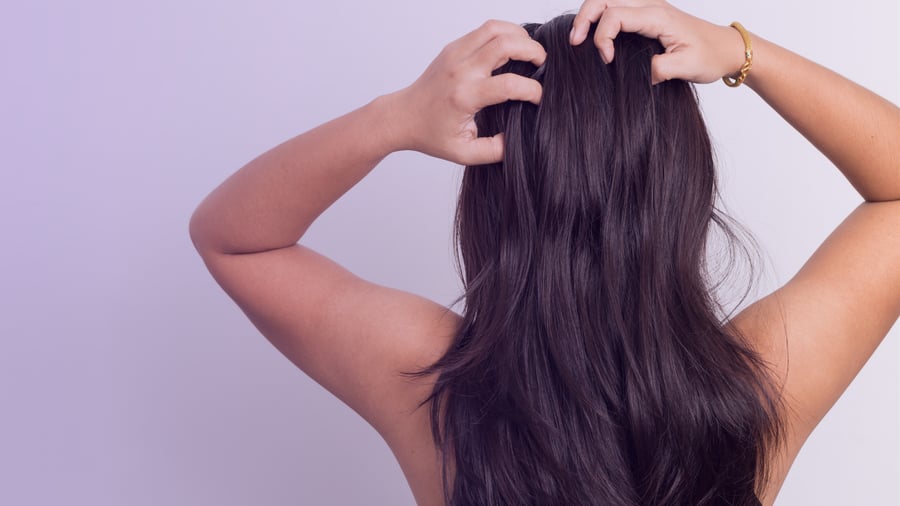How Gen Z and Millennials Are Reframing the Healthy Aging Market
At one time, the healthy aging market was clearly aimed at consumers of an older age. But younger generations are realizing that aging well is a lifelong journey. In fact, proprietary research commissioned by Nutrition 21 reveals that a substantial segment of younger consumers wants to invest in their long-term health and vitality now, not later.
The first part of the survey featured 400 U.S. adults—all of whom had purchased dietary supplements in the past year—found that while there is more interest in healthy aging among older generations, an eye-opening 33% of Gen Z respondents and 48% of Millennials are interested in taking steps to age better.
Manufacturers & Brands who understand this cultural shift can position their products to appeal to consumers in all life stages, from young adults to seniors.
The Evolution of Healthy Aging
The healthy aging market used to focus on helping older consumers manage decline once it had set in. Products and services were aimed at alleviating age-related concerns such as joint discomfort, wrinkles, or memory loss.
Today, healthy aging has a broader, more empowering, and proactive definition. Rebranded as “longevity,” “proactive wellness,” “age-defying health,” and even “biohacking,” it’s not about reversing age-related issues—it’s about maintaining vitality, performance, and resilience through every stage of life.
Dietary supplements and functional foods are central to this shift. In a large international survey of 9,000 people conducted by McKinsey & Company, two-thirds of GenZ-ers and Millennials surveyed said they purchased functional nutrition products last year, compared to half of consumers overall.1 For younger generations, these products are a tool for optimizing life, not fixing problems.
What Matters to Each Generation
Nutrition 21’s proprietary survey of 400 Americans (100 Boomers, 100 Gen-X, 100 Millennials, and 100 Gen Z) revealed some interesting differences in healthy aging priorities among the generations. While Gen X and Boomers are more focused on managing age related changes, Millennials and Gen Z prioritize staying ahead of them.
Key concerns of Millennials (28-43 years old) are holistic health, staying healthy for family, and proactive health management. Gen Z (18-27 years old) cares about preserving skin health, maintaining physical mobility, and building healthy habits early.
While most people of all ages want to avoid disease and decline, our research shows there’s an age-related shift: younger generations want to live longer, while older generations prioritize staying independent. More than twice as many GenZ-ers as Boomers (38% vs. 17%) say they want to live as long as possible.
What's Driving Younger Consumers to Act Sooner?
Younger consumers are tech-savvy, influenced by social media, drawn to natural products, and science-driven. TikTok, health podcasts, and influencer culture have contributed to the rise of a wellness culture among young people.
The pandemic also pushed health into sharper focus. Consumers of all ages are now more interested in key areas of health like immunity, mental resilience, and long-term wellness. This has sparked interest in wearable tech (such as fitness tracker or health tracking rings) and early biomarker testing to provide personalized health data.
Younger Generation's Top Wellness Concerns
The Nutrition 21 survey took a deep dive into consumers’ most pressing and current healthy aging concerns. For both Gen Z (78%) and Millennials (73%), mood and stress topped the list. Sleep ranked second, cited by 77% of GenZ-ers and 67% of Millennials. In third place, Millennials prioritized energy (66%), while Gen Z highlighted healthy hair, skin, and nails (70%).
These findings show that, while older generations tend to seek solutions for issues they’re already facing, younger generations are focusing on factors that can help them maintain wellness and age well over time.
To discover the complete list of the top 15 aging concerns of Gen Z and Millennials, download our exclusive white paper.
Branded Ingredients for Modern Longevity
As informed, research minded consumers, GenZ-ers and Millennials also tend to look beyond basic benefits—placing greater value on products backed by clinical studies, proven quality, and trusted ingredients. Nutrition21 offers several proprietary, branded ingredients to help people at any life stage age gracefully.
- For cognitive function, nooLVL® offers consumers focus they can feel in as little as 15 minutes—without the side effects of stimulants.
- For mental health and stress management, EverZen™ is clinically shown to promote a positive mood, help with occasional anxiety, and support a healthy stress response.
- For men’s sexual health, Nitrosigine® supports healthy aging across key areas of well-being, including physical performance and sexual vitality.
- For skin and hair care, Lustriva® delivers unique and bioavailable forms of silicon and biotin that work together to promote healthier hair and skin.
What Supplement Brands Should Do Now
In addition to reaching older consumers, companies looking to make inroads in the expanding healthy aging market may want to focus on the benefits consumers can enjoy—rather than how many birthdays they’ve celebrated. Messaging that emphasizes self-care, everyday performance, and future-proofing health tends to resonate more with younger audiences. Finally, consider delivery formats with strong youth appeal, such as gummies, powders, and ready-to-drink products.
Healthy aging is no longer a category—it’s a mindset. Gen Z and Millennials are reshaping expectations around what it means to age well. Brands that adapt to this longevity-focused consumer base will not only grow their reach—they’ll help define the future of wellness.
*These statements have not been evaluated by the Food and Drug Administration. These products are not intended to diagnose, treat, cure or prevent any disease.
References
-
- Pione A, Medalsy J, Weaver K. The $2 trillion global wellness market gets a millennial and Gen Z glow-up | McKinsey. May 29, 2025. Accessed June 11, 2025. https://www.mckinsey.com/industries/consumer-packaged-goods/our-insights/future-of-wellness-trends
Relevant posts

Related Posts

Hair Today, Here Tomorrow: A Primer for Manufacturers

Formulators Are Keeping Cognitive Health Top of Mind
-2.png?width=900&name=Blog%201%20Social%20(2)-2.png)


.png)
